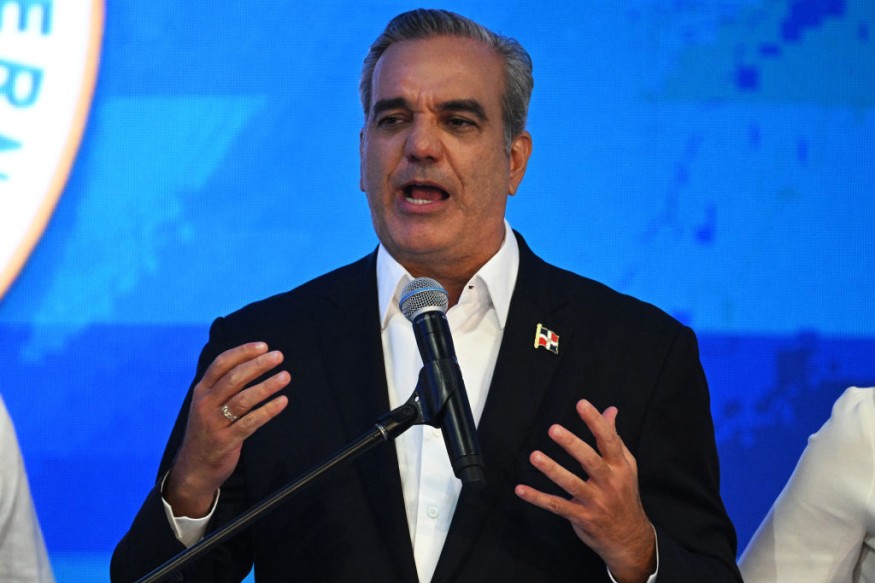Dominican Republic: Luis Abinader Wins Second Term as President; Shows Hard Stance on Haiti, Graft

Dominican Republic President Luis Abinader won a second term in a decisive first-round victory, securing 58.85 percent of the vote with over half of the voting centers reporting.
His nearest rival, former President Leonel Fernandez, received 27.29 percent, Aljazeera reports.
Abinader's victory surpassed the 50 percent threshold, avoiding a runoff. Abinader, popular for his strong migration policies and economic management, pledged unity and impartial leadership, emphasizing a government without distinctions or party biases.
Despite minor irregularities reported by opposition parties, the election process was deemed smooth and democratic.
High voter turnout reflected lingering concerns from the suspended 2020 municipal elections.
International observers, including former Puerto Rico Governor Luis Fortuno, praised the integrity of the electoral process.
Abinader promised constitutional reforms on presidential term limits and vowed not to seek a third term.
Public Support and Controversial Policies
Dominican Republic President Luis Abinader, with approval ratings around 70 percent, secured a second term, reflecting public support for his economic management and strict migration policies.
Since his 2020 election, Abinader, a US-trained economist of Lebanese descent, has focused on restoring government trust amid corruption scandals and controlling undocumented migration from Haiti.
A key initiative is a 164km concrete border wall with Haiti, resulting in over 250,000 deportations in 2023, despite international criticism, according to CNN.
Opinions on President Abinader's migration policies are mixed. Voter Willy Soto, 21, supports the crackdown, while Javier Taveras, 38, criticizes the harsh treatment of Haitians and questions the wall's effectiveness.
Although popular domestically, Abinader's migrant policies face backlash from human rights groups, who label them as racist and violating international law.
The president's focus on economic stability and migration control continues to resonate with many voters, solidifying his political standing despite controversy.
Prospects Under Abinader's Leadership
President Luis Abinader's re-election promises to reinforce his major policies, including an anticorruption agenda and strict border control measures.
In his second term, Abinader plans to complete the border wall, strengthen the economy, and root out corruption.
However, the relationship with Haiti remains contentious. Haiti, sharing the island of Hispaniola with the Dominican Republic, has been in chaos since the 2021 assassination of President Jovenel Moïse.
Abinader's crackdown on Haitian migrants has drawn accusations from human rights groups, who estimate around 130,000 people of Haitian descent remain stateless in the Dominican Republic due to restrictive birthright citizenship laws.
Despite requests from the United Nations to suspend deportations due to high violence rates in Haiti, Abinader refused, emphasizing national security, AP News noted.
The international community, including the United States, has noted Abinader's hardline stance on Haitian migration. While the Biden administration congratulated Abinader on his victory, experts like Michael Shifter believe he has used the Haitian crisis to bolster political support.
As Haiti undergoes a political transition and Abinader begins another four years in power, there are hopes for a softened stance and increased cooperation.
Voters like Rafaela Tejada support Abinader's policies for national security, while others, like William Charpentier Blanco, express concern about rising hate speech and the impact on legal migrants.
Luis Abinader's second term presents the challenge of balancing national security with human rights amid ongoing turmoil in Haiti.
This article is owned by Latin Post.
Written by: Ross Key
WATCH: Voters in the Dominican Republic set to elect new president - From VOANews
Subscribe to Latin Post!
Sign up for our free newsletter for the Latest coverage!
















